The Grainery Church is an authorised provider of SRE in NSW government schools.
Working with many other churches in the region, and meeting the requirements of the Department of Education for SRE providers and teachers, we strive to help young people to question, explore and discover:
- Christian values of faith, humility, generosity, forgiveness and love
- What makes us unique and loved by God
- The Christian Scriptures
- Christian ethics and morality
Authorisation
To keep our authorisation current, we submit a written assurance that we have procedures in place to ensure compliance with the Child Protection (Working with Children) ACT 2012 on an annual basis to the Department. All of our teachers have a current Working with Children Check and their number and the date of expiry is kept on file.
Child Protection Training is an important part of our teacher preparation. Teachers are required to complete the Mandatory Child Protection Training provided online by the Department of Education and to provide a copy of their certificate of successful completion to the Authorising Person.
As an approved provider we give written authorisation in relation to the schools in regard to all personnel approved to teach Special Religious Education in NSW government schools as evidence of compliance with the requirements of the Child Protection (Working with children) ACT 2012.
The Grainery Christian Network provides a letter to the school that includes the names, dates of birth and contact details for each of the authorised teachers. This letter is updated annually before the start of term 1 or as required.
Curriculum
Sticking to the approved curriculum is an important part of teaching SRE. As a provider, we ensure annually that we authorise the curriculum materials and pedagogy (teaching skills and methods, as well as age-appropriate teaching), to be used by our volunteers of special religious education, and that a link to a copy of the curriculum and/or the curriculum outline used in schools is provided to the public on our website. This information including the curriculum scope and sequence can be found at www.godspace.org.au for Kinder to Year 6 classes or at www.thinkfaith.com.au for Years 7 to 10. Our SRE teachers are required to use these curricula and to teach with sensitivity and using age-appropriate teaching strategies as well as age-appropriate content.
The curricula we use is called GodSpace (Years Kinder to 6) and Think Faith (Year 7 to Year 10) – approved programs which are:
- Bible Based
- Relational
- Relevant
- Engaging
- The delivery of our curriculum is done with sensitivity and in an age appropriate manner
- Our teachers are trained in the use of classroom technology such as interactive whiteboards and digital projectors.
- Regular ongoing training which includes classroom management strategies and effective implementation of the curriculum occurs.
- Review of SRE teaching which includes teacher self-reflection, student feedback, classroom observation, supervisor feedback, mentor support and adherence to the authorised curriculum occurs.
- We report the results of the review process which is part of our annual assurance process and includes a description of efforts to address identified issues such as further training and mentor support.
- We approve all materials and internet resources that are identified for use by SRE teachers.
Training
We also provide assurance that we have in place a system of accredited initial and ongoing training for our volunteer teachers that includes training in classroom management and child protection issues. We are very grateful to Hunter Christian SRE for providing this training and for their ongoing support in providing professional development each year. A summary of the initial training undertaken by our teachers is found below. Initial training and in-service development, along with Coordinator gatherings are made available at least twice per year. (See www.huntersre.org.au for more information).
The initial training also includes awareness of the department’s Code of Conduct. Teachers in training are provided with a copy of the Code of Conduct and are asked to familiarise themselves with it.
The process of authorisation for our SRE teachers is:
- Prospective teachers fill in an application form
- They apply for a Working with Children check
- Approved training is undertaken and satisfactorily completed
- An “apprenticeship” whereby teachers in training observe experienced SRE teachers in the classroom and take part in supervised teaching of parts of lessons then whole lessons is completed
- If the supervising teacher and the Coordinator of the approved provider agree that the teacher is ready they are appointed a class in cooperation with the school.
A completed Authorisation of teachers of special religious education form for approved providers is submitted to the Department each year.
BASIC SRE TRAINING OVERVIEW
MODULE 1 – TEACHING SRE IN GOVERNMENT SCHOOLS
- Why we do SRE?
- Current practice of SRE in NSW
- History of SRE in NSW
- How we do SRE?
- Becoming an authorised SRE teacher
- How SRE impacts our local school communities
MODULE 2 – LEARNING AND TEACHING
- Developmental Stages of Learners
- Contemporary Classrooms
- Contemporary Learning
- Communication in SRE classes
- Questioning Skills
MODULE 3 – PREPARING AND DELIVERING LESSONS
- Observing a classroom
- Authorised Curricula
- Using a Program
- Using a Manual
- Developing Lesson Notes
MODLE 4 – COMMUNICATING IN THE CLASSROOM
- Classroom Management
- Code of Conduct
- Acknowledging and Affirming
- Owning and Grounding
- Positive Correction
MODULE 5 – INTRODUCTION TO THE BIBLE
- Old Testament and New Testament
- Library of the Bible
- Literary Forms
- Bible History
- Authorship and Audience
- Revelation and Inspiration
MODULE 6 – CLASSROOM EXPERIENCE
- Planning a Lesson
- Developing Lesson notes from authorised curriculum
- Presenting a Lesson
- Observation and assessment by a qualified person
- Demonstration of Preparation and
- Presentation Skills
- Completion of assessment Tool
MODULE 7 – DUTY OF CARE
This module focuses on the elements of Duty of Care expected of SRE teachers to ensure that lessons are age appropriate and sensitive to all students in line with the Department of Education Religious Education Policy (2013) and the Special Religious Education Procedures (2019).
Appendix
School Community and Consumer Complaint Procedure
https://education.nsw.gov.au/policy-library/associated-documents/School-complaint-procedure_AC.pdf
Approved Provider Complaint form
Rec 023
Complaints Policies and Procedures issued November 2017 VA001/17 1
Developed by AFSRE and ICCOREIS in consultation with the NSW Consultative Committee for SRE
Upcoming events
All events
Maitland | Family Picnic
27th April, 2024
Maitland Park
Groundbreakers | May 2024
1st May, 2024
The Sansom's | Oakvale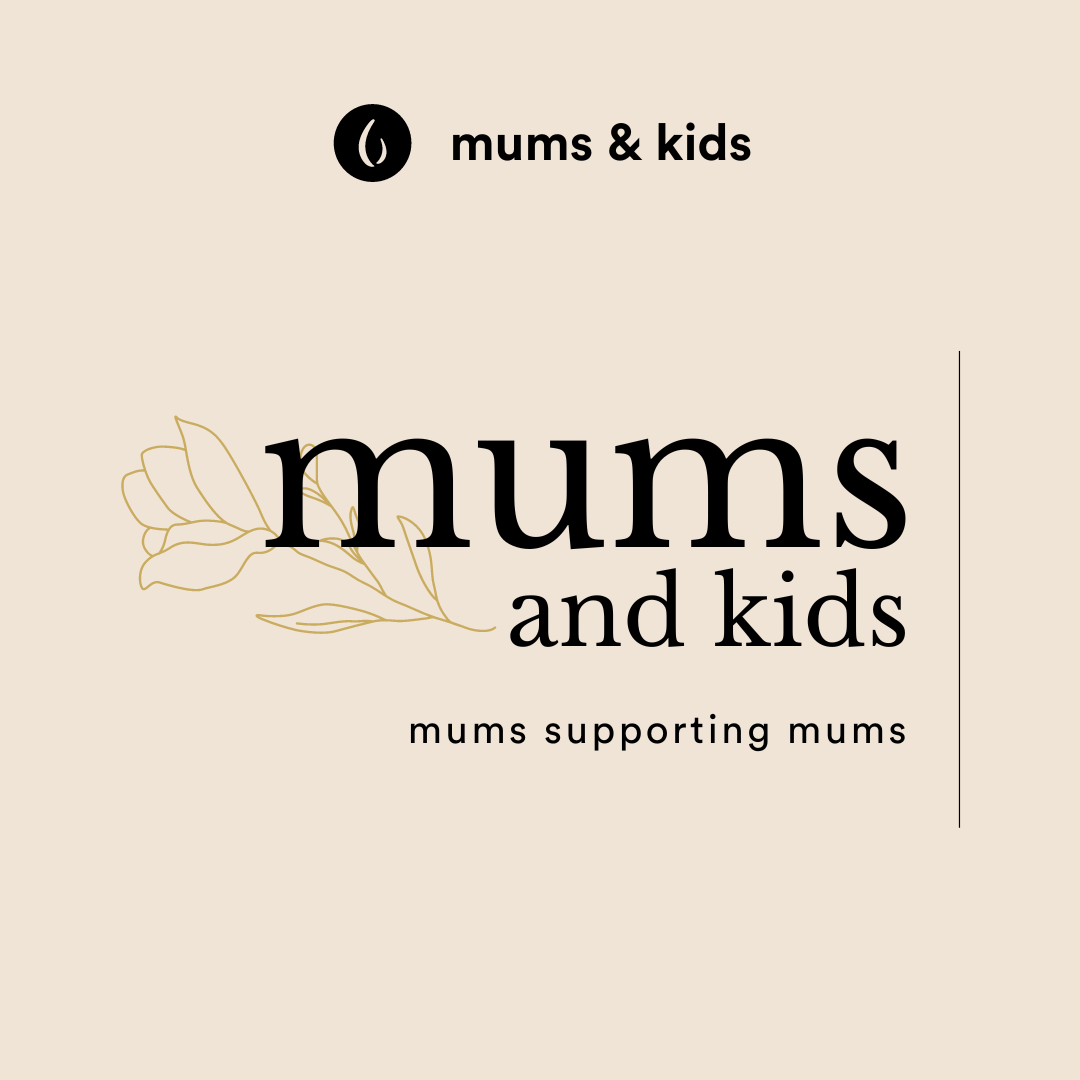
Mums & Kids | Weekly Gathering
2nd May, 2024
Newcastle Campus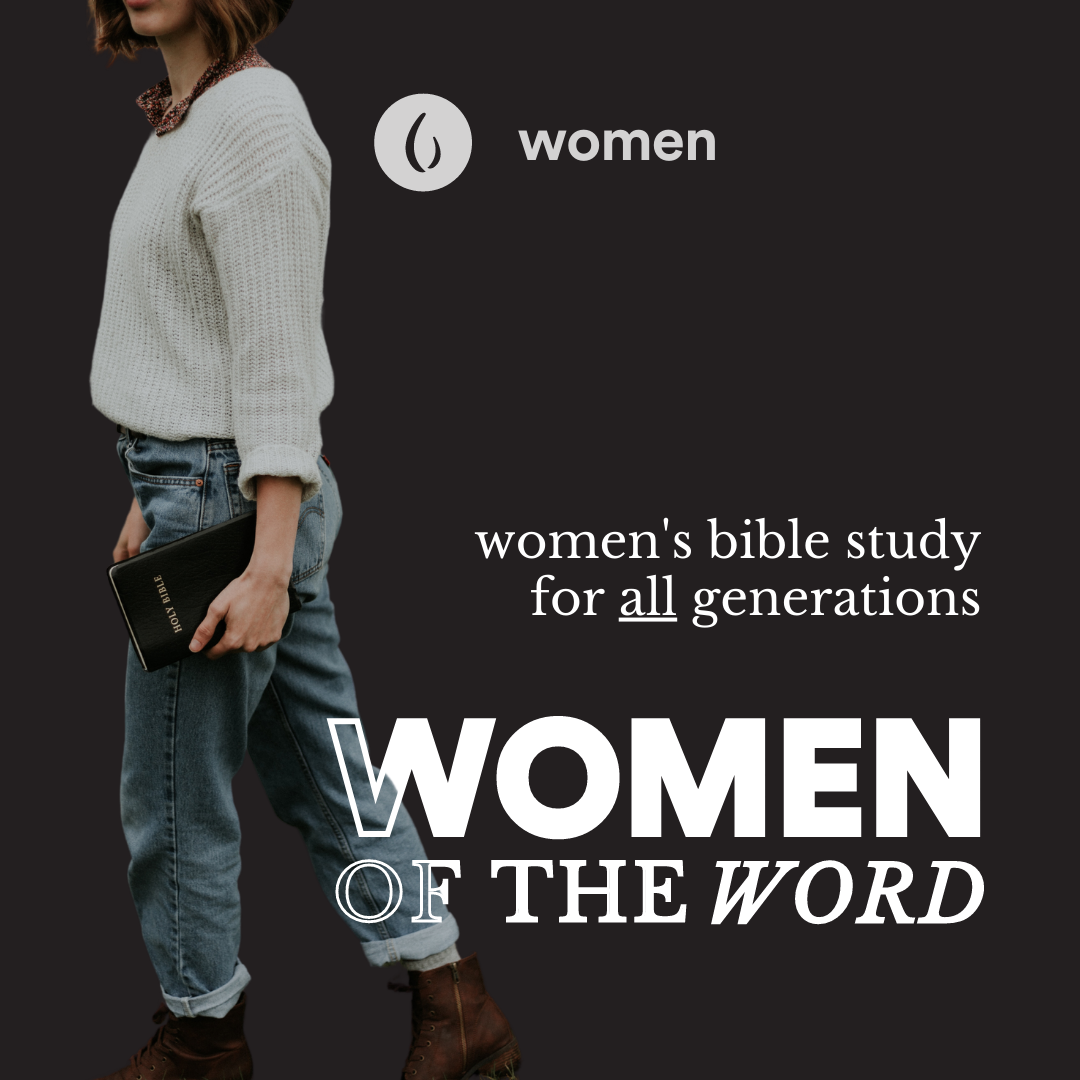
Grainery Women | Women of the Word
2nd May, 2024
Newcastle Campus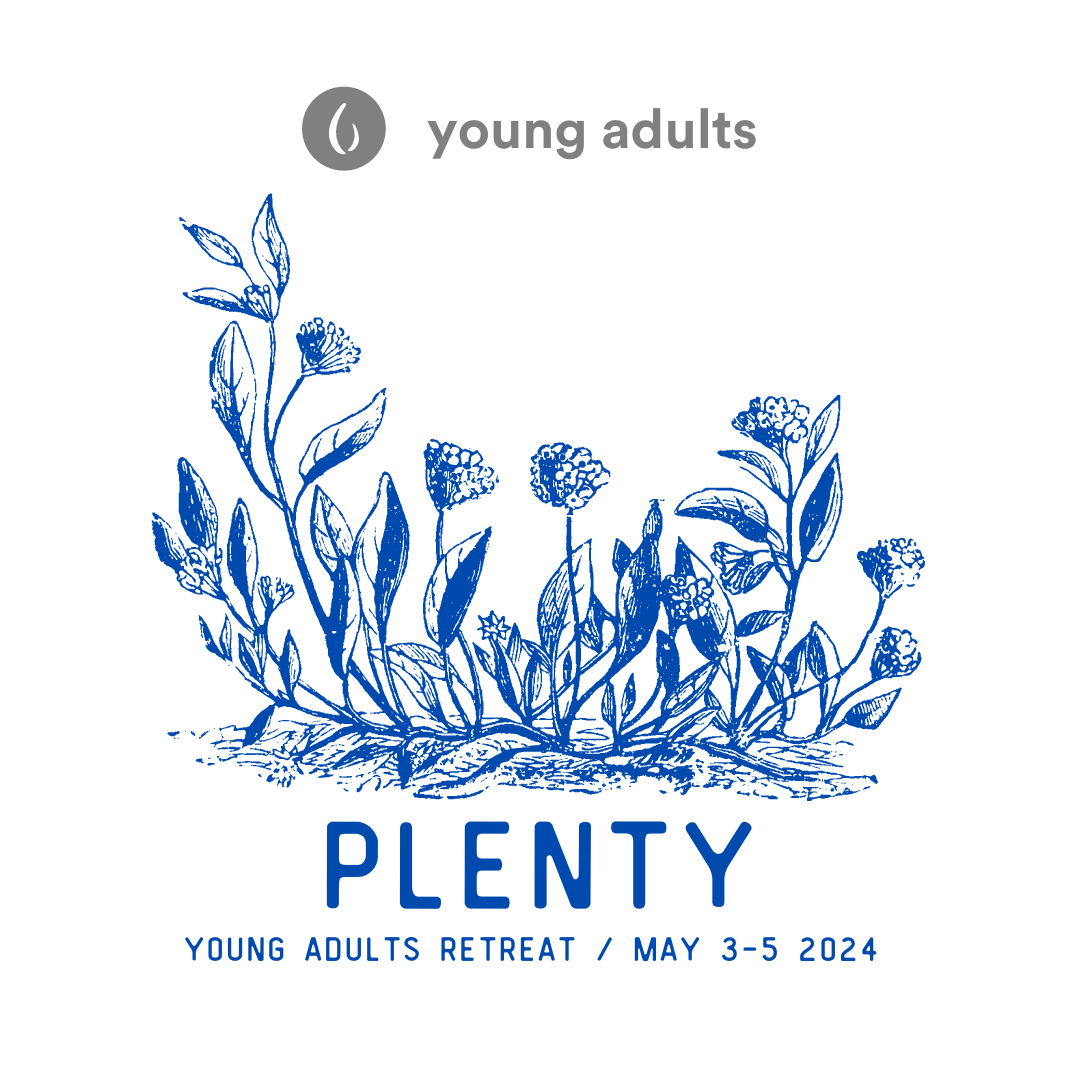
Young Adults | Retreat
3rd May, 2024
Blue Lagoon Beach Resort, Bateau Bay
Grainery Youth | Friday Night Youth
3rd May, 2024
Newcastle Campus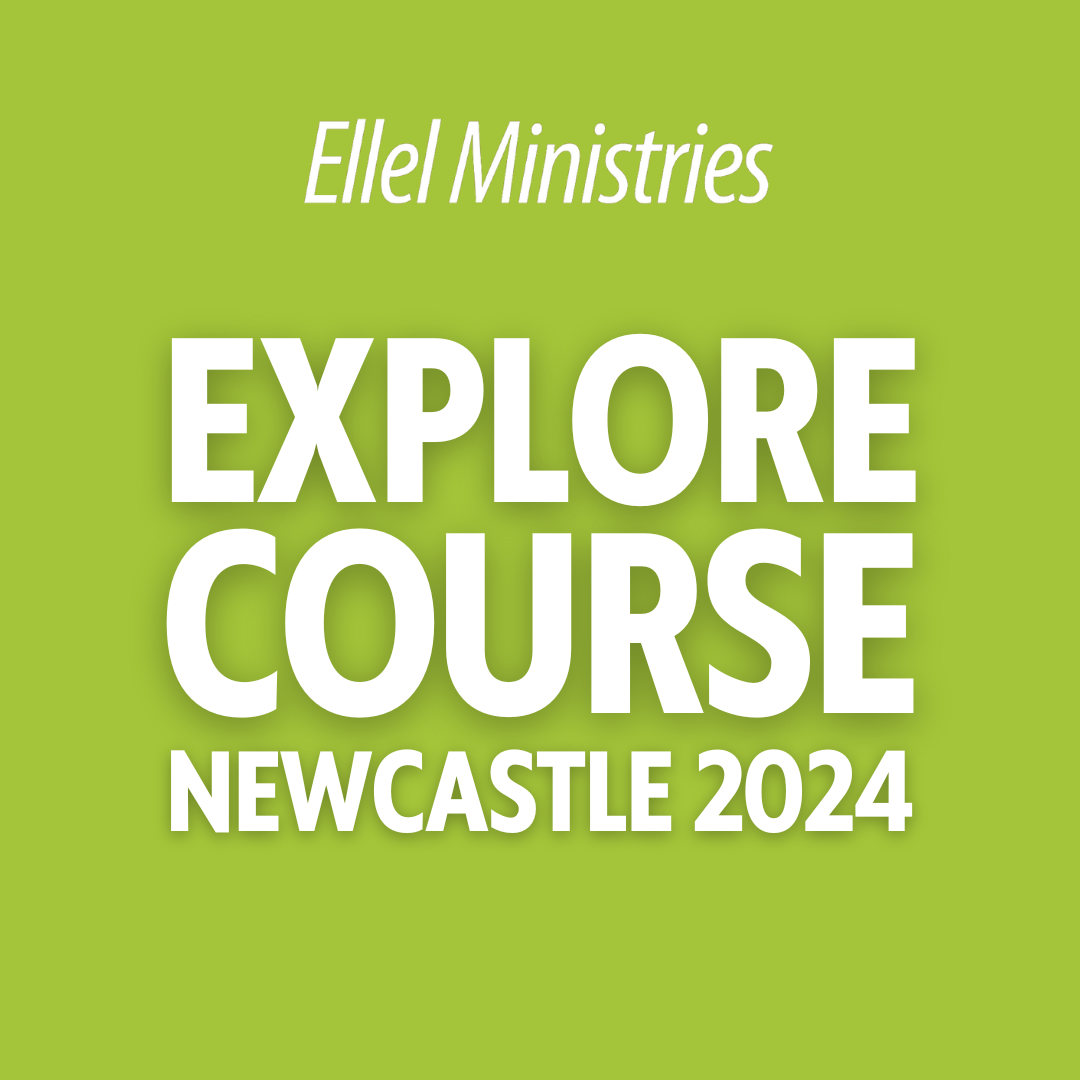
Ellel Ministries | EXPLORE (Newcastle 2024) Course
3rd May, 2024
Newcastle Campus
Grainery Care | Monthly Community BBQ
4th May, 2024
Grainery Care, 252 Maitland Rd, Mayfield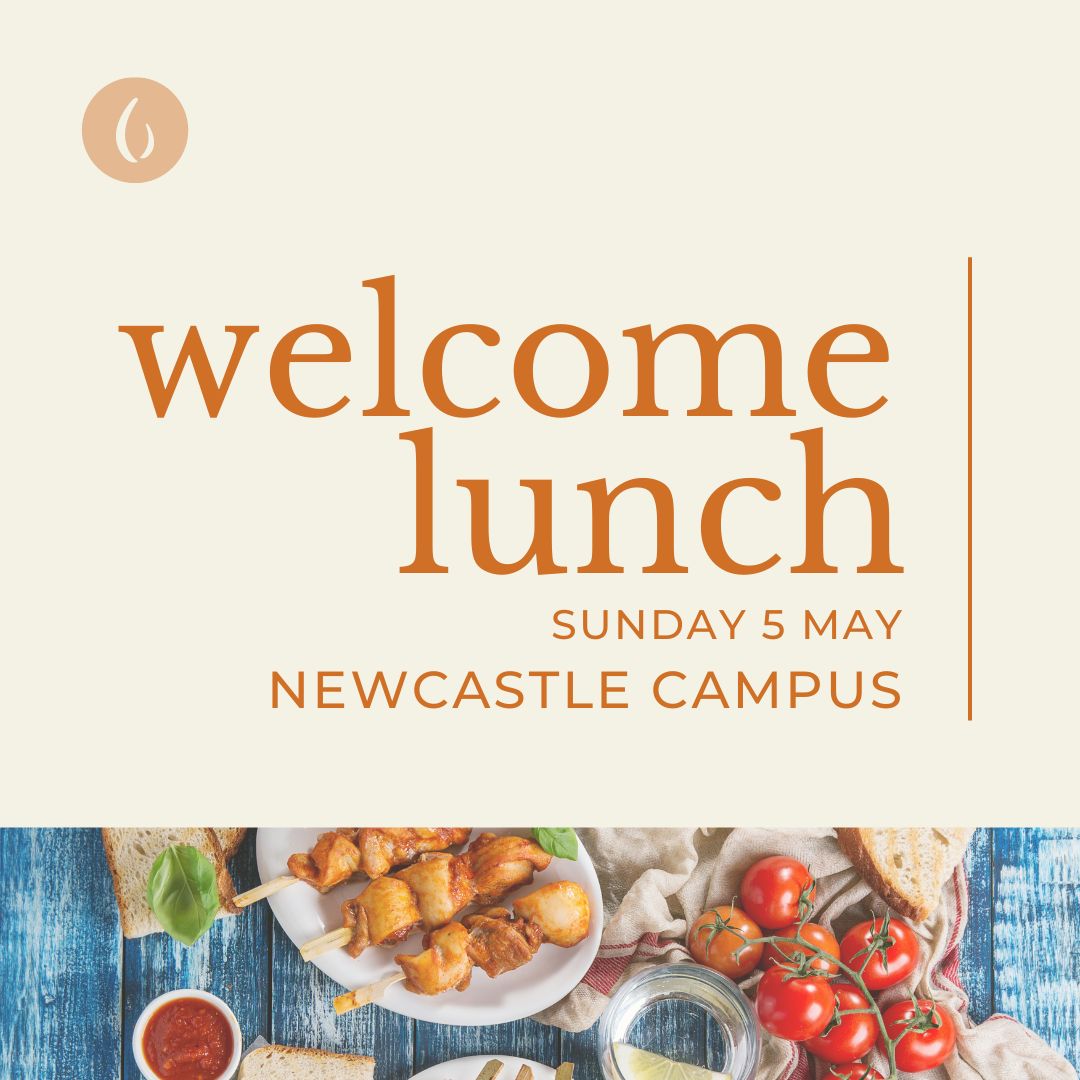
New People | Welcome Lunch May
5th May, 2024
Adamstown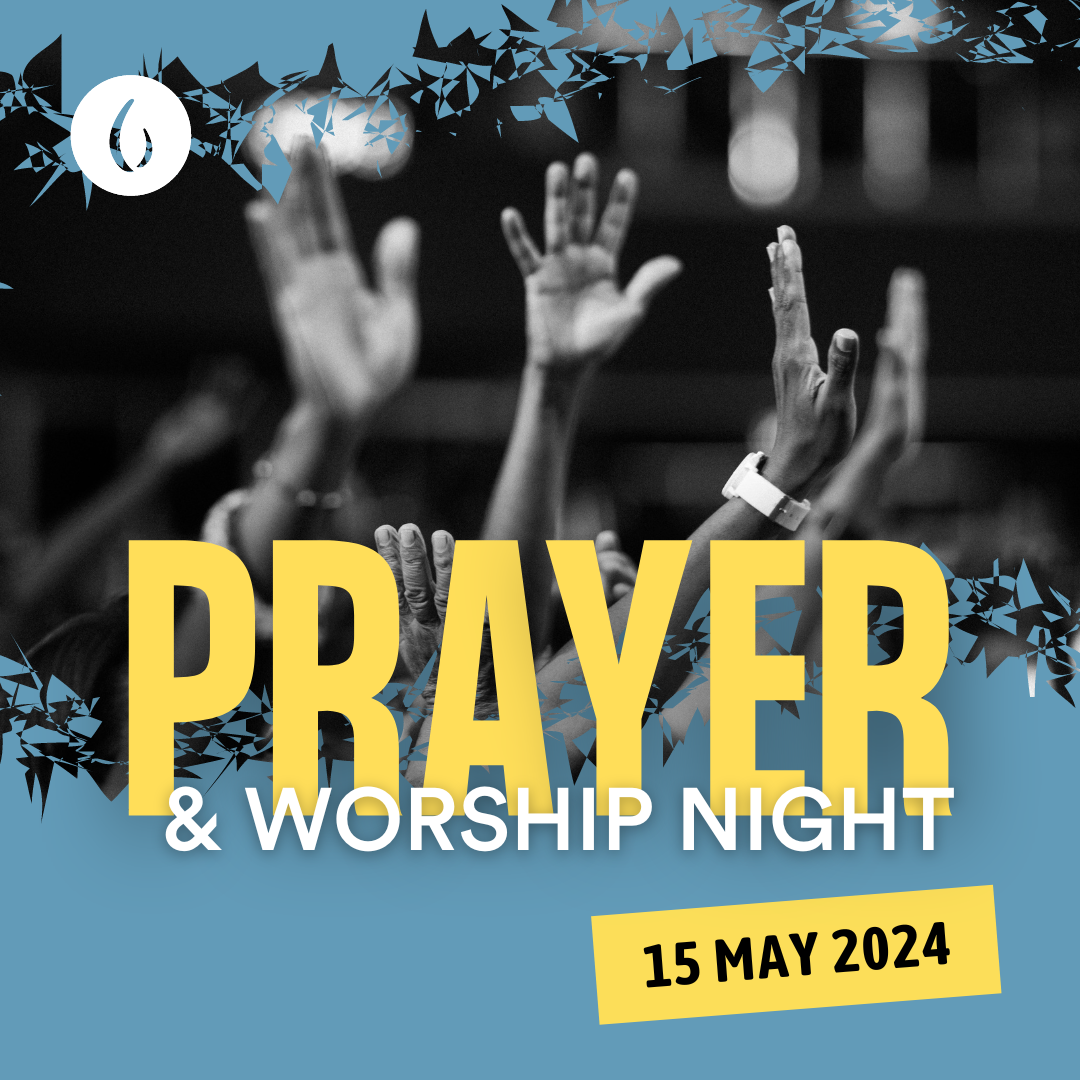
All-In Prayer and Worship Night
15th May, 2024
Newcastle Campus
Connect Leaders | Gathering
19th May, 2024
New Lambton Heights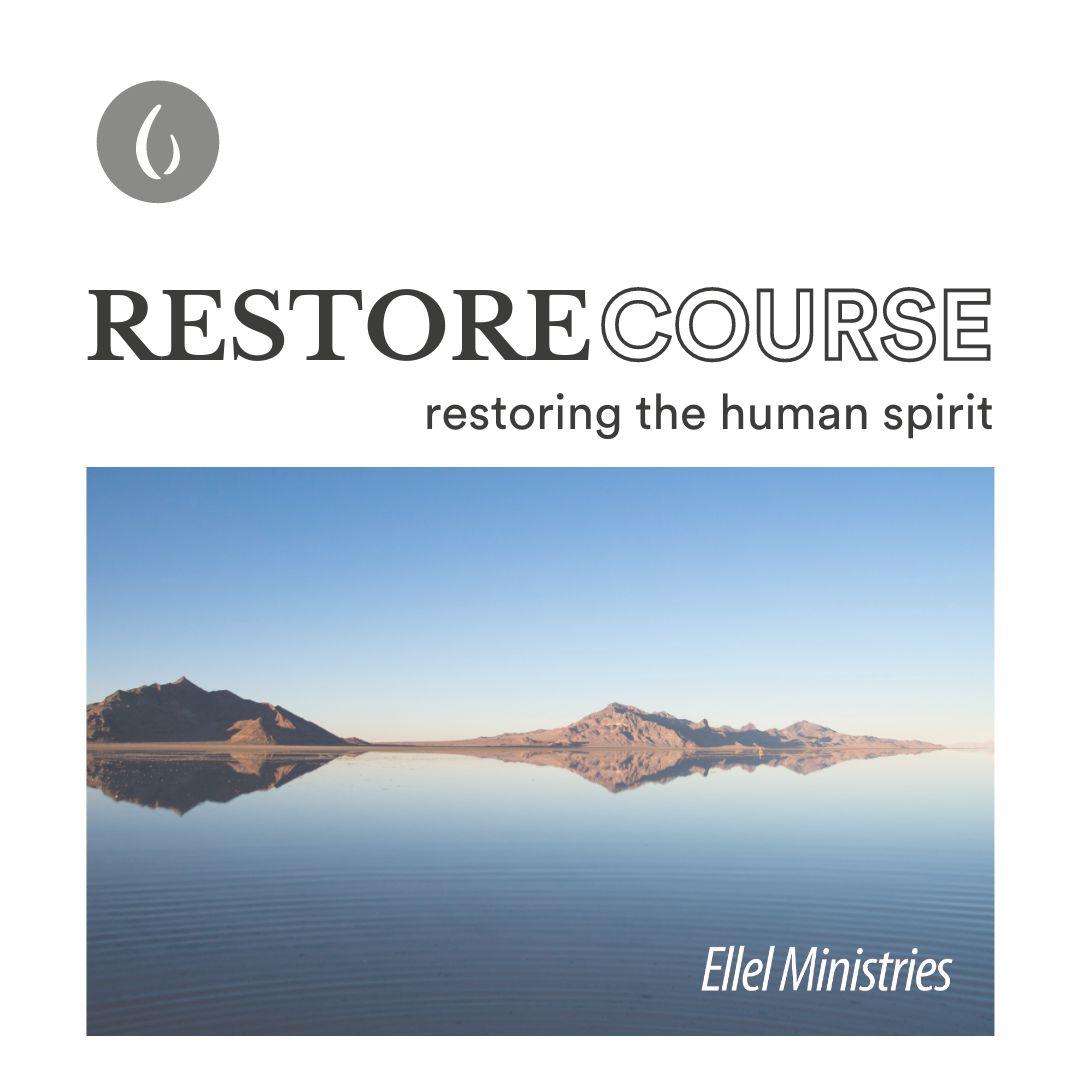
Courses | Restore – Restoring the Human Spirit
21st May, 2024
Newcastle Campus
VIPs | May Gathering
29th May, 2024
Newcastle Campus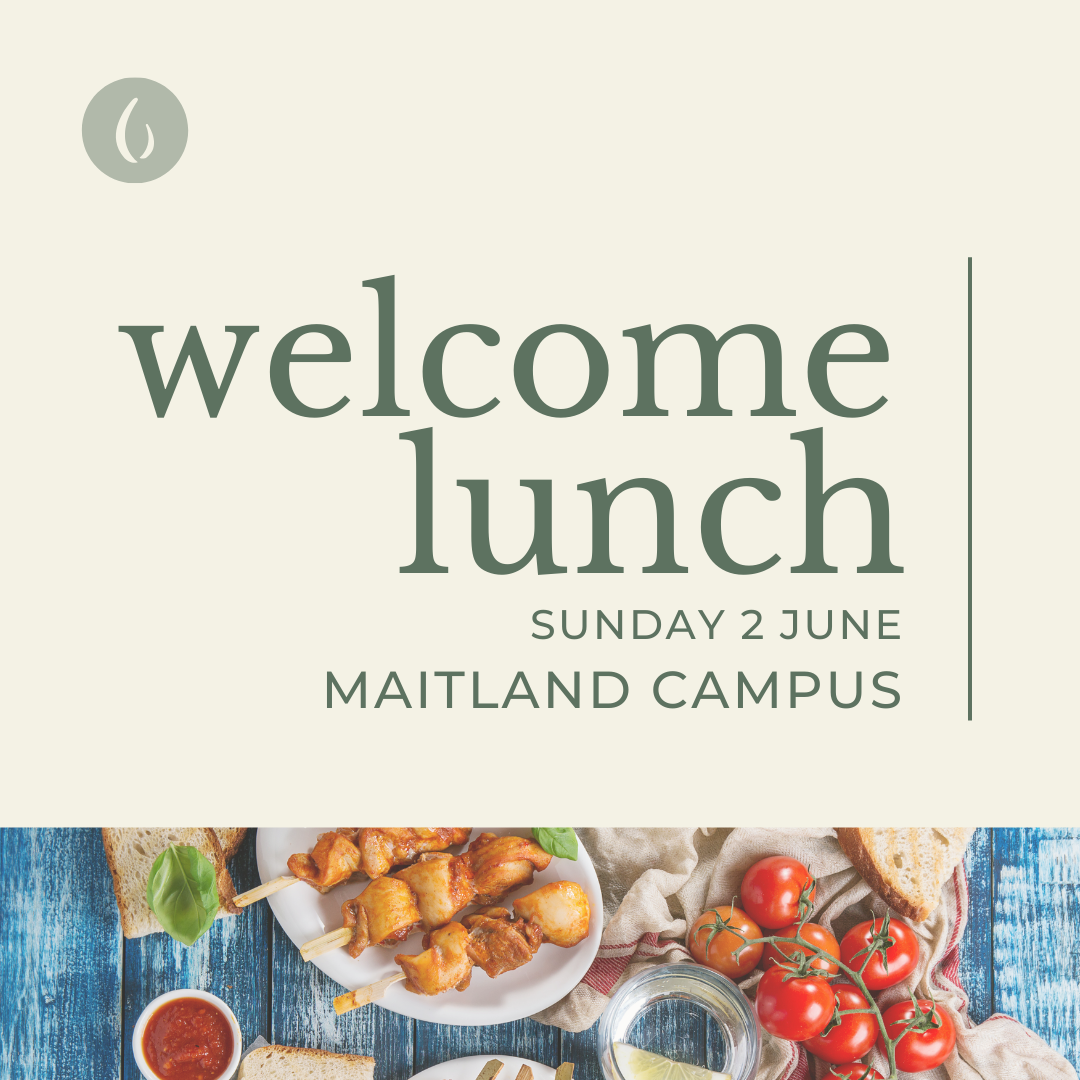
Maitland | Welcome Lunch June
2nd June, 2024
Oakhampton Heights
Men | State of Origin – On the Big Screen
5th June, 2024
Steel River Campus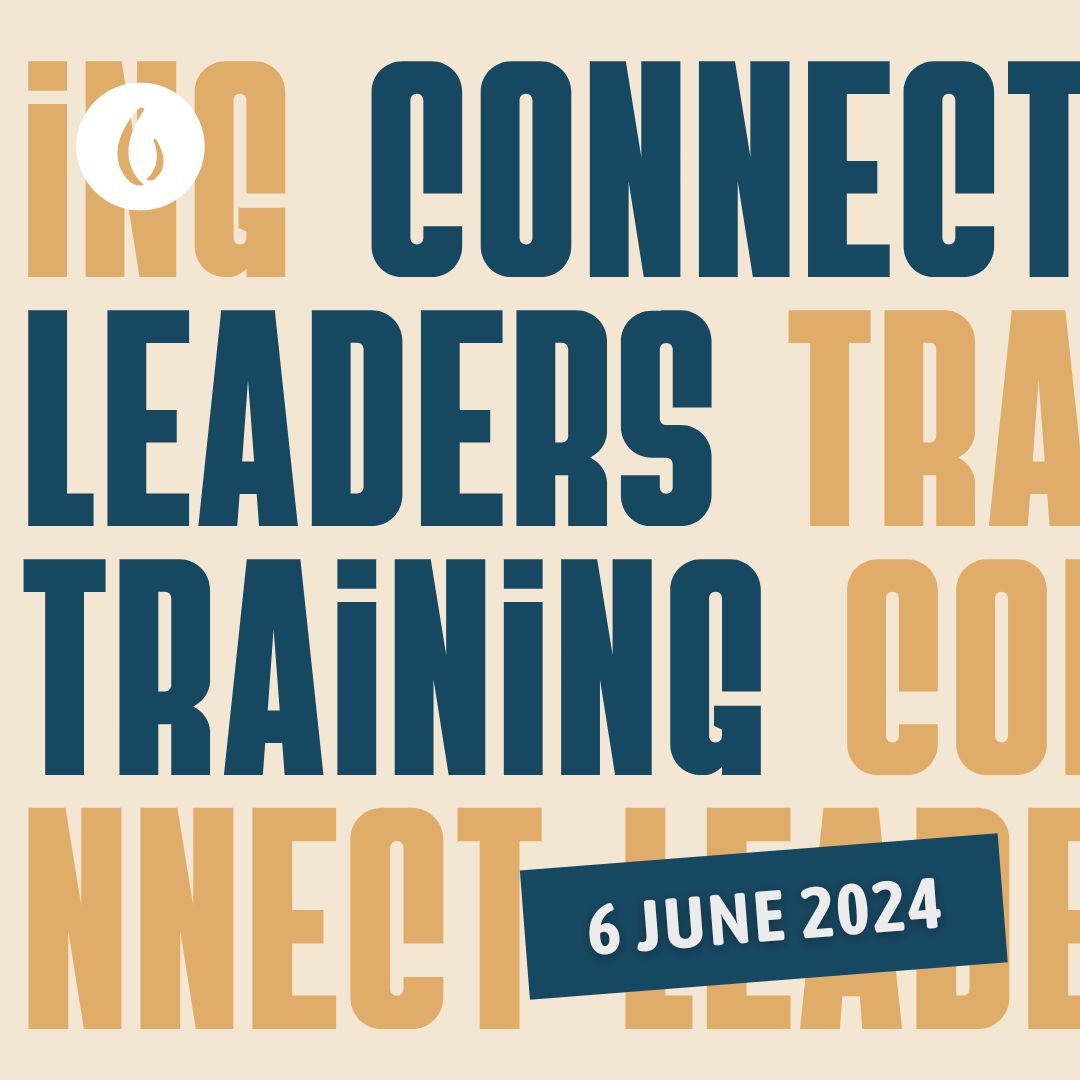
Connect Leaders | Training Night
6th June, 2024
Newcastle Campus
